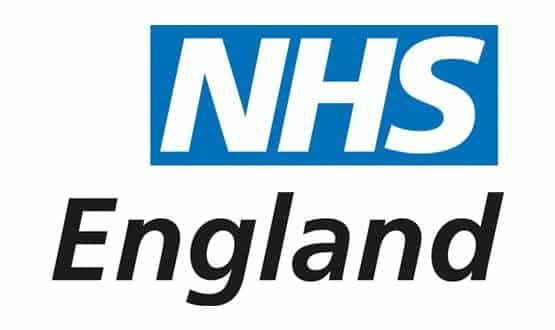NHS England has updated its dashboard to encourage clinical commissioning groups to improve the use of medicines.
A prototype of the medicines optimisation dashboard was launched in June last year, bringing together hospital admission data and patient experience indicators in order to help NHS England focus on the wider value of medicines rather than their specific cost.
The updated dashboard increases the number of indicators from 29 to 45, including the number of practices enabled for electronic prescriptions, the number offering repeat dispensing and the number conducting Medicines Use Review – a scheme to allow patients to discuss medication with their pharmacist.
It also features data metrics aligned to several important themes for the NHS, including patient safety, mental health, cardiovascular disease, respiratory disease, diabetes, antibiotic prescribing and community pharmacy.
A spokesperson for NHS England said:” You can now access data at CCG, area team and AHSN levels and benchmark against CCG clusters or personally selected organisations.”
This data will be refreshed every six months and the dashboard will be revised on an annual basis.
NHS England said the dashboard is not intended to be used by NHS organisations as a “performance management tool”, but should instead be used to highlight variation in local practice and “provoke discussion on the appropriateness of local care”.
The dashboard also provides details on the use of newer innovative medicines, such as oral anticoagulants, in order that practice can be compared across the country.
Bruce Warner, deputy chief pharmaceutical officer for NHS England, said: “We encourage CCGs and Trusts to work together to agree how to use this dashboard locally.”
This dashboard was developed as part of a wider medicines optimisation programme led by NHS England and the Association of the British Pharmaceutical Industry, the trade body for UK pharma companies.
The day before the updated dashboard was launched, the ABPI’s acting chief executive Alison Clough, posted a blog post that says industry and the NHS have a “shared goal” to promote evidence-based prescribing to improve patient outcomes.
“Ultimately, issues around waste, incorrect use, access to new medicines, and evidence-based prescribing all share this one goal: to ensure the right patients get the right choice of medicine at the right time. That is what ‘medicines optimisation’ is all about.”
Medicines optimisation is a pressing issue for both the pharmaceutical industry and pharmacy services in the NHS, with NHS England reporting that 50% of medicines are not taken as intended and between 5-8% of all unplanned hospital admissions are due to medication issues.
The National Institute for Health and Care Excellence published draft guidance on the issue in October last year, while both the Royal Pharmaceutical Society and the National Pharmacy Association have launched campaigns to get their members to think more about how they can improve the value of medicines for patients.

